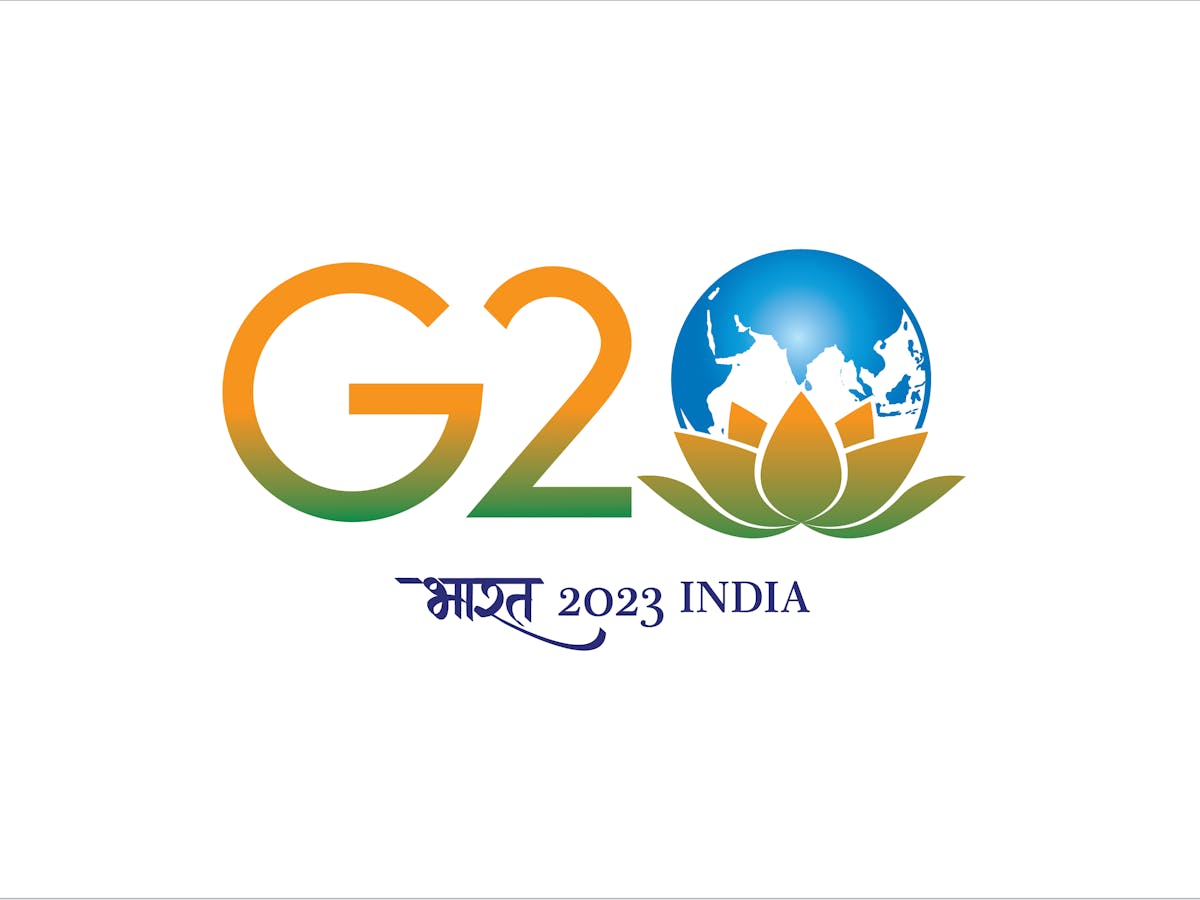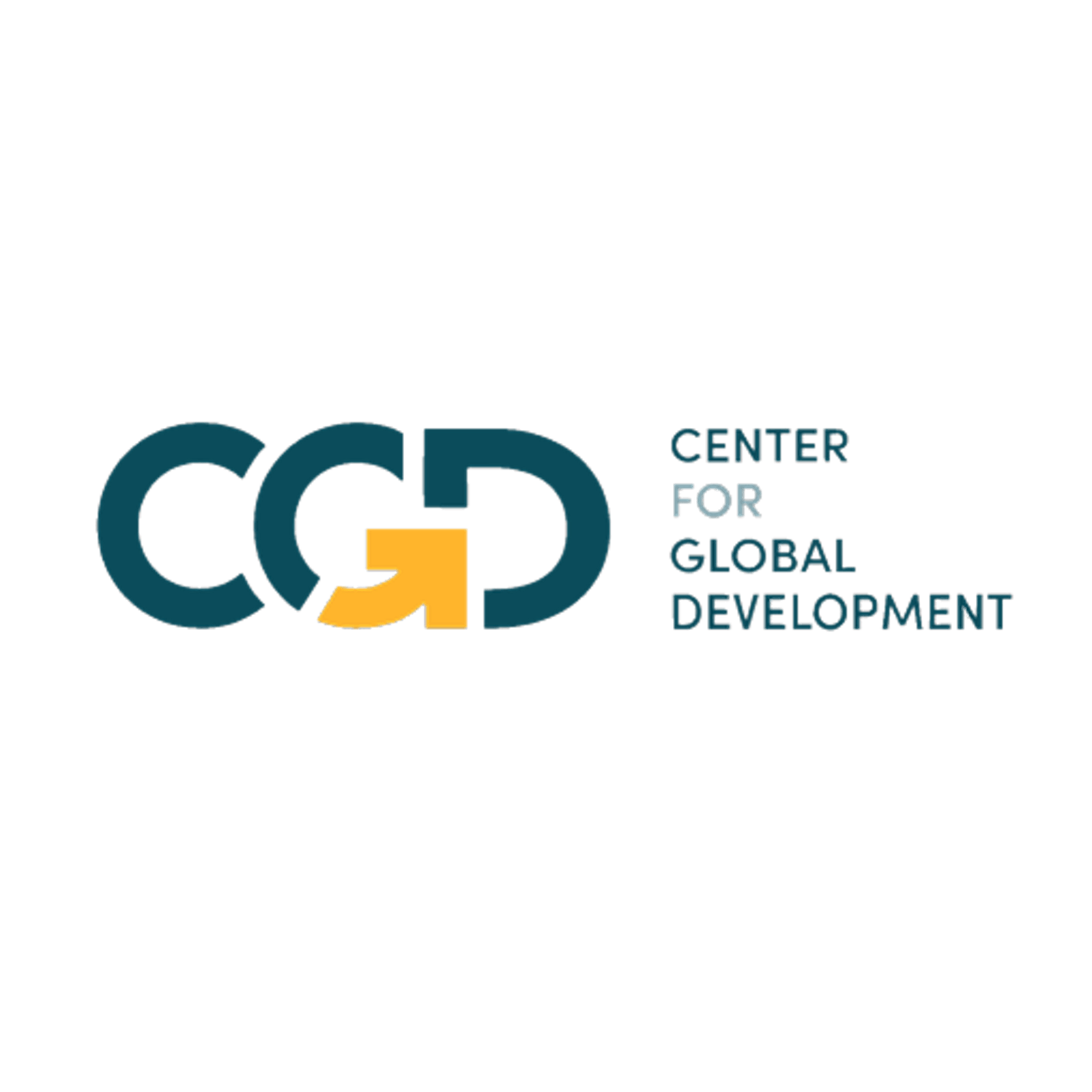Did India’s G20 Finance Ministerial Move the Needle on MDB Reform?
Published: July 19, 2023

Multilateral development bank (MDB) reform remains a hot topic among the G20, and the G20 Chair's Summary negotiated during the July 17–18 finance ministerial aimed to advance the agenda—especially on balance sheet stretching and effectively integrating global public goods (now referred to as global challenges) into the DNA of the World Bank.
World Bank President Ajay Banga came prepared to offer several concrete proposals in line with shareholder requests to stretch the Bank’s balance sheet. These measures could meaningfully boost lending capacity for the IBRD but would not benefit IDA. While Banga flagged the current fundraising effort for IDA’s crisis window as another priority, the G20 were notably silent on the issue in the Chair’s Summary. This effort deserves more attention as Russia’s decision to pull out of the Black Sea grain agreement has already driven wheat prices up nearly ten percent, imposing yet more hardship on the poorest countries. Meanwhile, the G20 called for an ambitious IDA 21, the go-to line for every replenishment.
Some additional color:
- The G20 independent review of MDBs’ Capital Adequacy Frameworks (CAF) received prominent mention— something that has become standard fare in G20 outcome documents. Released almost a year ago, the report has benefited from strong and sustained political support. The G20 call for “an additional push” on CAF implementation and encourage “continued and further impetus on CAF implementation.” This emphasis makes sense given that any freed-up capital from the MDBs relieves pressure on donors.
- Banga pre-empted the G20 with three proposals to help “stretch every dollar.” These are: 1) $5 billion in shareholder guarantees, which he estimates could generate $30 billion over ten years; 2) a hybrid capital offering, with a target of $1 billion to support $6 billion in lending; and 3) an effort to extract more value from callable capital – funding commitments made by donors to backstop the World Bank in the extremely unlikely event of severe financial stress (e.g., portfolio wide defaults). The guarantees in particular offer terrific value for money as shareholders only pay in pennies on the dollar. For instance, at a similar facility launched at the Asian Development Bank this year, $84 million in US funding will support $1 billion in guarantees.
- The G20 acknowledged this year’s independent report on how to strengthen the MDB system. The just released report co-led by CGD board chair Lawrence Summers and NK Singh (on behalf of India) proposes that the MDBs adopt a triple mandate (global public goods, poverty reduction, inclusive growth), calls for a tripling of MDB funding by 2030 (sovereign and private), and advocates for a new financing window that could attract official and non-traditional donors (e.g., sovereign wealth funds, philanthropies). A second report, due at this year’s Annual Meetings, will delve more deeply into some of the proposals. The G20 were briefed on the report while in India—too late to collectively reflect on any of its contents. In contrast to last year’s G20 report, which focused on options for increasing MDB capacity through internal reforms, this year it is the donors who are being asked to dig deep financially. For that reason, we can expect a more muted response. In her brief comments on the report, US Treasury Secretary Janet Yellen cautioned that it was premature to explore capital increases, among the key recommendations for scaling up MDB capacity.
- Finally, the G20 called on the MDBs “to evolve their vision, incentive structures, operational approaches and financial capacities so that they are better equipped to maximize their impact in addressing a wide range of global challenges, while being consistent with their mandate and commitment to accelerate progress towards Sustainable Development Goals (SDGs).” This statement closely mirrored Yellen’s comments, which called for more ambition with respect “to the MDBs’ vision, incentive structures, operational approaches, and financial capacity to better address global challenges.” What all this means in practice remains to be seen. But among the pending proposals to watch out for is a new World Bank framework to guide the use of concessional (i.e., below market) finance for borrowers at all income levels to incentivize investments in climate, among other global public goods.
My judgement is that the MDB reform needle wasn’t so much moved as sharpened—the G20 Finance Ministers have made clear what the immediate priorities are. The G20 will have a chance to weigh in on the MDB agenda again in September when India chairs the Leaders’ Summit. Ideally, they will have a bit more to say about the poorest. The impact of the suspended grain agreement will be easier to assess by then and the G20 should be prepared to be more forceful—and generous—with the aim of minimizing the collateral damage on IDA countries.
Disclaimer
CGD blog posts reflect the views of the authors, drawing on prior research and experience in their areas of expertise. CGD is a nonpartisan, independent organization and does not take institutional positions.
